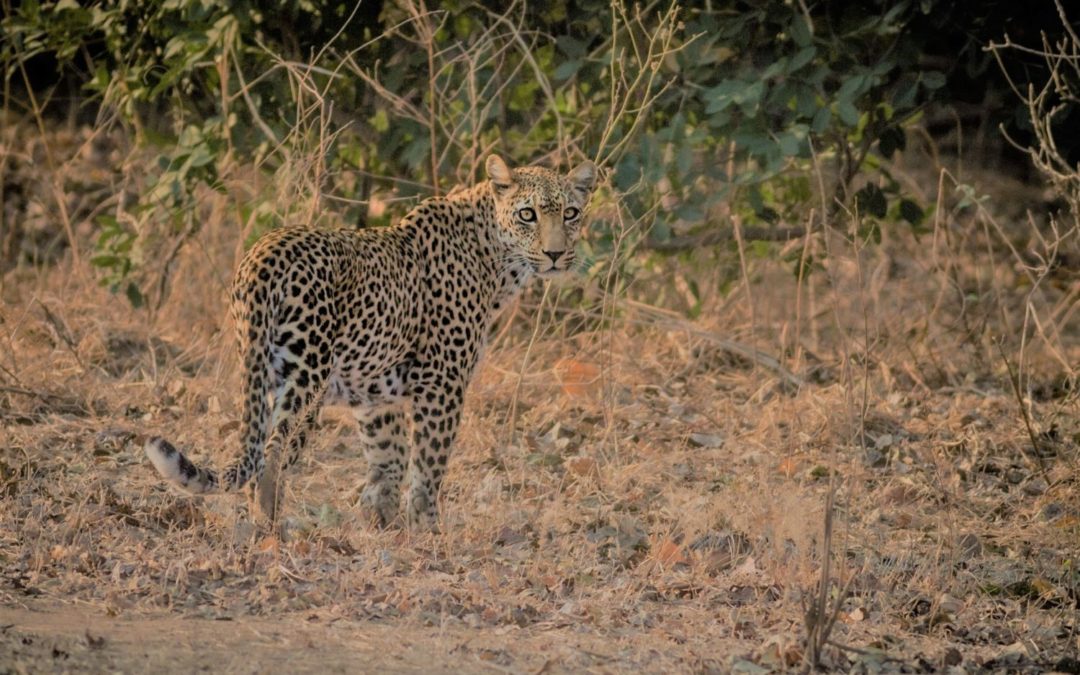The World Federation for Animals (WFA) is a membership organization for animal protection groups, an organization with which OneNature is proud to be affiliated. Their mission, well-aligned with ours, is to improve the well-being of all animals and end suffering that results from human exploitation. To achieve their vision of a world in which animal sentience is respected and animal well-being is protected, they focus on policy research, analysis, information sharing, and international advocacy. WFA proudly works on behalf of their members for the interests of all animals at the UN and other relevant international organizations. For example, they are currently championing the creation of an eighteenth Sustainable Development Goal focused specifically on the well-being of animals. WFA connects scientists with policy experts and animal welfare groups with wildlife conservation organizations so that together we may have greater success in generating substantial change on an international level. After all, well-being for all beings means a better world for everyone.
Given this, it’s no wonder that WFA was eager to generate a response to the First Draft of the Post-2020 Global Biodiversity Framework (GBF) published on July 5th of this year. Our own Taylor Mann worked with WFA and five other member organizations – Animal Protection Denmark, Born Free Foundation, Code Animal, FOUR PAWS, and Ippothesis – to draft a position paper on behalf of all WFA members offering key recommendations for an ambitious, effective, and transformative post-2020 GBF.
If adopted, the recommendations in the position paper would better allow us to combat the pervasive human-centric narrative in which the needs of animals are separate from and inferior to the needs of people. In its current form, the GBF presents sustainability as essential not because animals and their ecosystems are inherently worthy of conservation, but because we need to act responsibly if humans hope to keep utilizing nature as a resource for our own development. The reality is, in order to achieve true sustainability, we also need to recognize that animals deserve our respect and protection because they are living, sentient beings, not just because we are reliant upon other species for our needs. It’s time for us to protect animals for the sake of animals and ourselves. Only then will we be in a position to effectively tackle the socio-economic considerations of sustainable development and achieve well-being for all.
